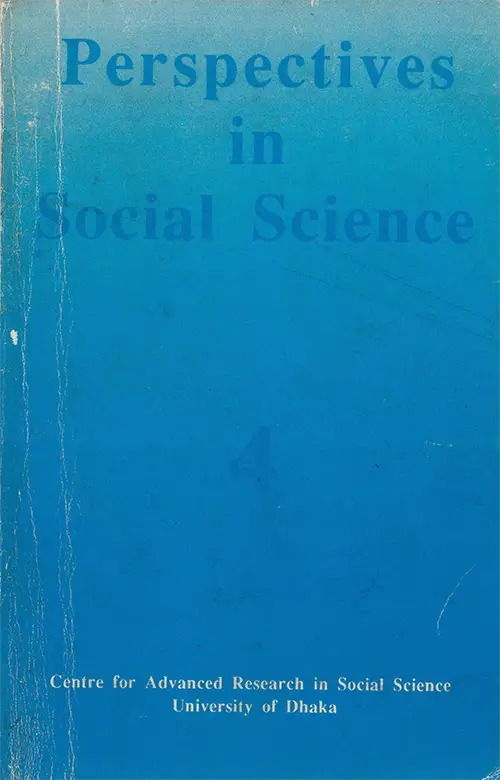
Perspectives in Social Science
Volume 4 April 1992
Perspectives in Social Science
Military Rule in Brazil, 1964 - 1985 : A Critique
Perspectives in Social Science
Volume 4 April 1992
DOI:
ISSN :
Abstract
Brazil was under military rule from 1964 to 1985, one of the longest such rules in Latin America. This paper deals with the military's influence in Brazil's political life with particular emphasis on the cause-effect relationship between professionalization of the armed forces and the coup d'etat of 1964. The initial goal of the military government was to tackle the economic problems of the country and to establish a "clean" democracy. Although, in the ecomomic realm they could show an average annual growth rate of 10% from 1967 to 1974, they ultimately failed to give any long-term solution. At the height of their rule, the military had resorted to repression of political opponents, which was relaxed only toward the end of their administration when it was realized that they would have to relinquish power eventually.
The question is now being raised as to how it was possible for the military to remain in power for such a long time. This prolonged military rule was basically due to reasons unique to Brazil, therefore not quite possible for any other developing country to cite it as a model. Given the changes that have taken place since then both domestically and internationally, it is unlikely that the military would feel inclined to intervene in civilian politics again. It may be projected with some confidence, that democracy would do well in Brazil, particularly under the new generation of political leaders.
